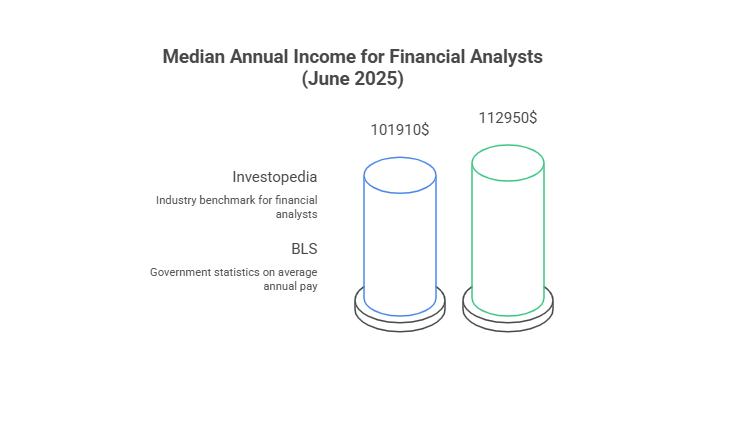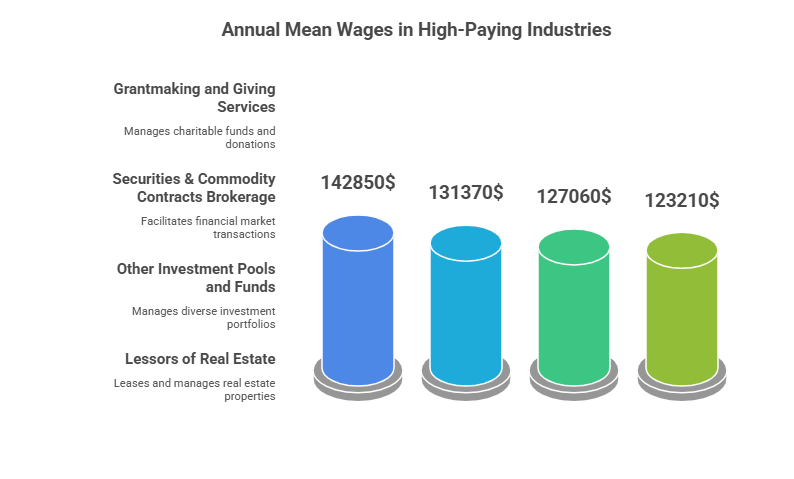
How Much Do Senior Financial Analysts Make? A Detailed Breakdown
If you’re curious about how much do senior financial analysts make, you’re not alone. Many high-net-worth individuals, especially those comparing different financial career paths or seeking support for comprehensive wealth strategies, wonder what senior analysts typically earn and what drives those numbers. Below is a simple, step-by-step approach to gathering and interpreting that salary data so you can see if it aligns with your personal financial goals or decision-making.
Five quick questions about how much do senior financial analysts make revolve around location-based salary differences, advanced degrees, average bonus structures, specialized certifications, and whether certain industries pay notably higher rates.
Step 1: Gather Baseline Salary Data

Why This Matters
You want reliable figures to anchor your research. Without baseline data, it’s like guessing your budget without checking your bank balance. Official salary surveys and government statistics are your best bet.
How To Do It
- Check industry benchmarks. According to the most recent data as of June 2025, financial analysts of all levels earn a median annual income of around $101,910 (Investopedia).
- Consult government sources. The Bureau of Labor Statistics (BLS) puts the average annual pay closer to $112,950, with a range of $76,880 to $129,970 (Our Lady of the Lake University).
- Note that numbers vary slightly based on the data’s age, regional differences, and organization collecting it.
Step 2: Consider Experience Level

Moving from an entry-level financial analyst role to a senior position isn’t just a title change, it can be a massive salary jump. Junior analysts may start around $58,023 annually, while senior financial analysts often earn salaries north of $90,000, depending on location and responsibilities (Our Lady of the Lake University). The longer you work in financial analysis, the more your potential earnings increase.
Step 3: Account For Location

Where you work can seriously shift your pay scale. Metropolitan areas with a high cost of living, such as New York or San Francisco, typically offer salaries that can exceed $140,000 annually.
- New York-based analysts can earn around $146,450, while San Francisco professionals top out near $143,240 (Our Lady of the Lake University).
- Non-metropolitan areas may pay less, but balancing a lower salary with a reduced cost of living might be attractive if you want more breathing room in everyday expenses.
Step 4: Review Educational Credentials

While a bachelor’s degree is typically the minimum requirement for entry-level positions, earning a master’s degree or certification can significantly enhance your salary.
- Data suggests that professionals with a master’s degree earn around $1,737 weekly, compared with $1,493 for those holding just a bachelor’s (Our Lady of the Lake University).
- Specialized designations like Chartered Financial Analyst (CFA) or Certified Public Accountant (CPA) also boost credibility, often leading to higher-paying senior roles.
Step 5: Explore Industry Variations

Salaries fluctuate based on the nature of the work and the sector itself. Certain industries command top dollar because of their complexity and high stakes. For example, Grantmaking and Giving Services can pay an annual mean wage around $142,850, while Securities and Commodity Contracts Intermediation comes in at about $131,370 per year (Perennial Resources).
Here’s a quick snapshot of some higher-paying industries:
| Industry | Approx. Annual Mean |
| Grantmaking and Giving Services | $142,850 |
| Securities & Commodity Contracts Brokerage | $131,370 |
| Other Investment Pools and Funds | $127,060 |
| Lessors of Real Estate | $123,210 |
Step 6: Estimate Additional Compensation

In addition to base salary, many senior financial analysts enjoy performance bonuses, equity packages, and other perks that significantly raise total compensation.
- Bonuses may be tied to individual, team, or company-wide results.
- Signing bonuses and stock options can add another dimension to your overall pay package.
If you’re working on aligning your personal wealth strategy with high-level financial insights, it’s helpful to compare potential analyst costs or earnings to your own financial advisory expenses. To see how it all fits with long-term planning, you can also explore the cost of a financial advisor.
By following these steps, you’ll be able to gather credible data on how much a senior financial analyst might earn, factor in the role of location and industry, and then weigh those insights against your broader wealth management strategy. It never hurts to do a quick comparison with your own financial plans, especially if you’re navigating major liquidity events or looking to protect multi-generational assets.
Recent Posts
Financial Advisors in Los Angeles to Consider
Finding the right financial advisor can be a pivotal step...
Financial Advisors in New York to Consider
Selecting the right financial advisors in New York can play...





